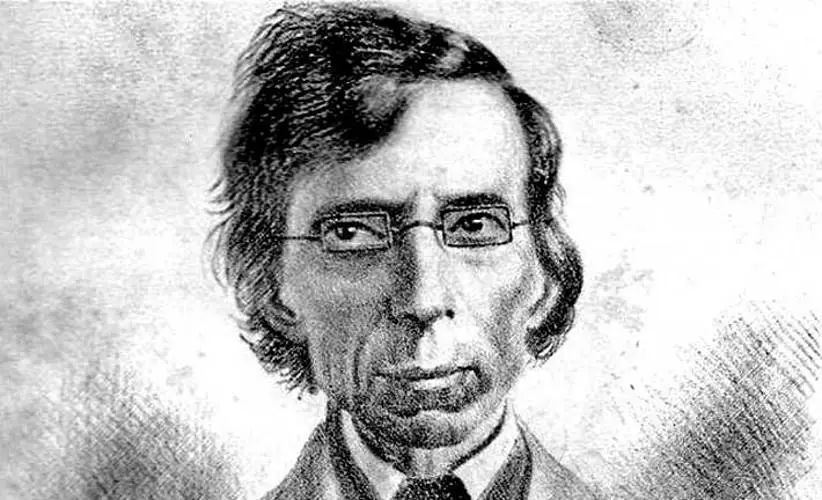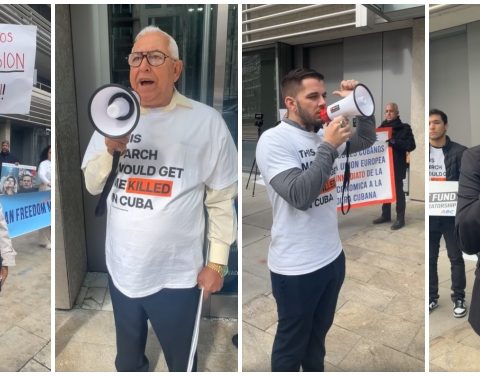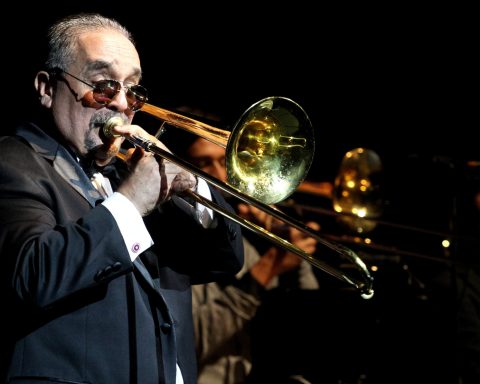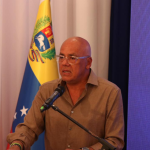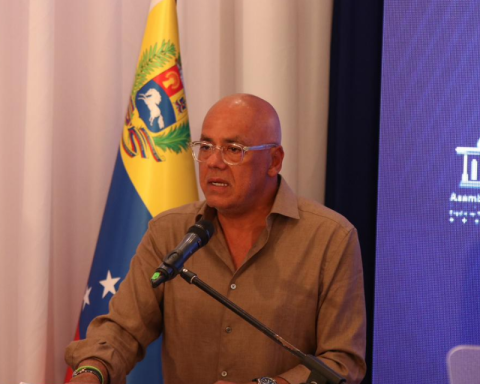MADRID, Spain.- This Saturday marks the 170th anniversary of the death of Félix Varela y Morales, priest and philosopher, considered one of the Founding Fathers of the Cuban nationality. Varela died in exile in San Agustín, United States, at the age of 64.
What had driven this great thinker into exile? In 1822 he was elected deputy to the Spanish Cortes on behalf of the Caribbean island. That year he presented a proposal requesting the recognition of the independence of Latin America and wrote a text expressing the need to eliminate slavery in Cuba. When Fernando VII restored absolutism, Varela had to take refuge in the territory of Gibraltar. There he learned that he had been sentenced to death for voting against the King. For this reason he fled to the United States, where he remained until his death.
His remains rested there until, in 1911, they were transferred to the Aula Magna of the University of Havana.
Banished in the northern country, he dedicated important actions in favor of the independence of Cuba. As part of it he created the habanero (1824-1826), the first newspaper for independence and the formation of a national conscience, which he secretly sent to Cuba.
In Cuba, where he lived until he was 34 years old, he carried out extensive work dedicated to teaching and the priesthood. He was a professor of Philosophy at the San Carlos Seminary.
In addition, he founded the first Philharmonic Society of Havana. Likewise, he was part of and worked for the Economic Society of Friends of the Country, and wrote plays and philosophy.
Félix Varela was a thinker ahead of his time and ended up being a reference for Cubans of later generations, including Jose Marti.
Despite the importance of his thought for the conformation of the Cuban nationality, his work, like that of José Antonio Saco, Francisco de Arango y Parreño, José de la Luz y Caballero, among others, continues to be insufficiently disseminated in Cuba and, therefore, it is unknown to a large part of Cubans.
